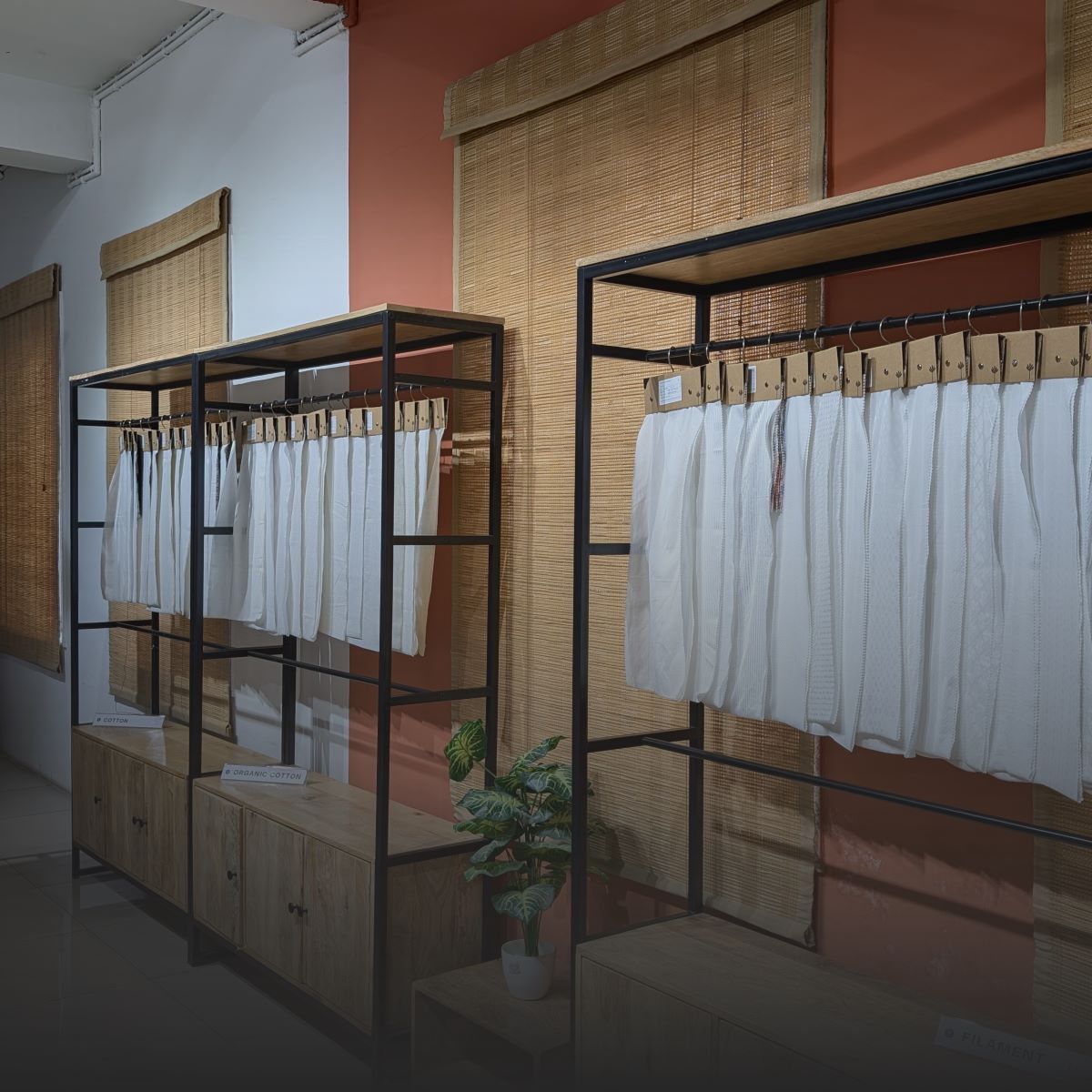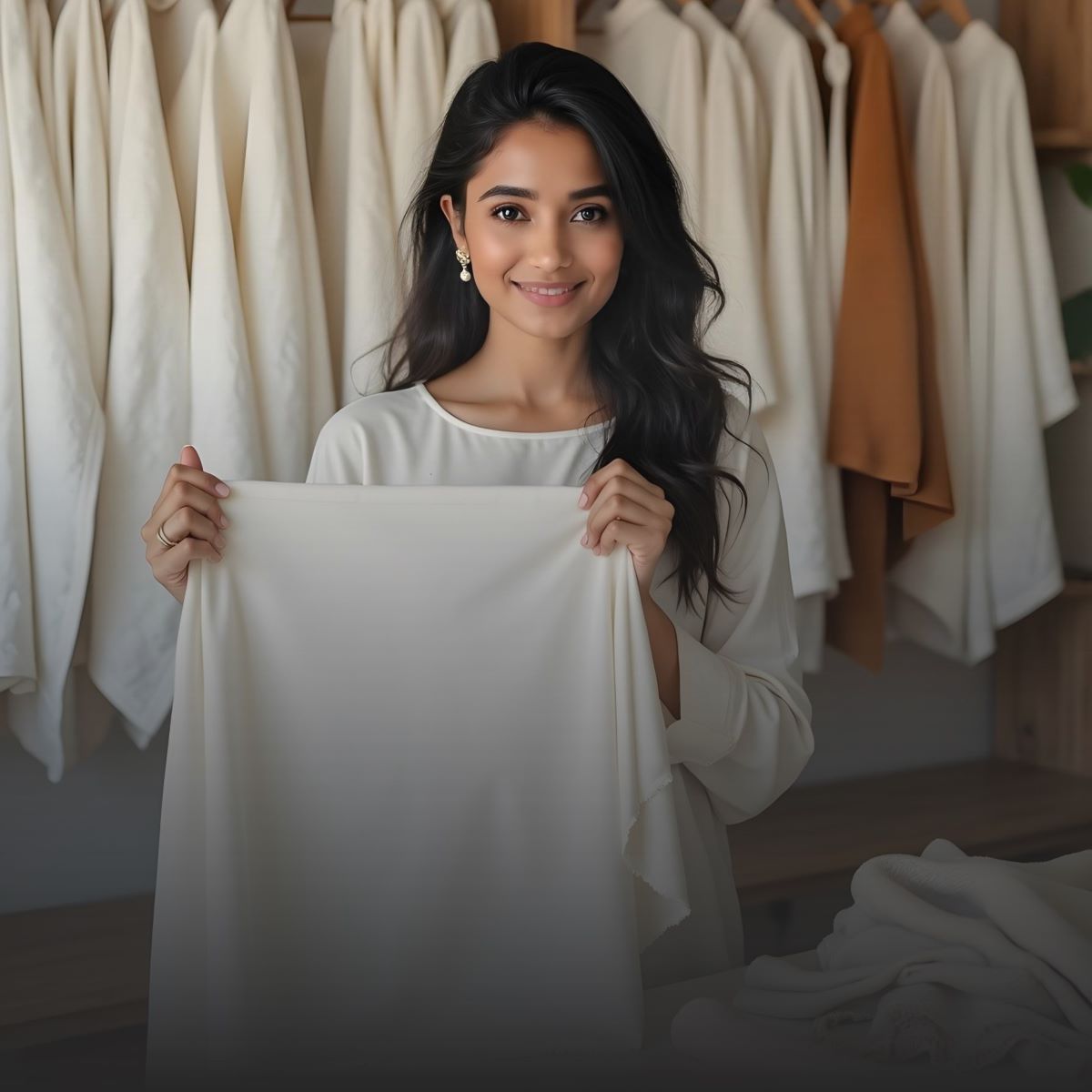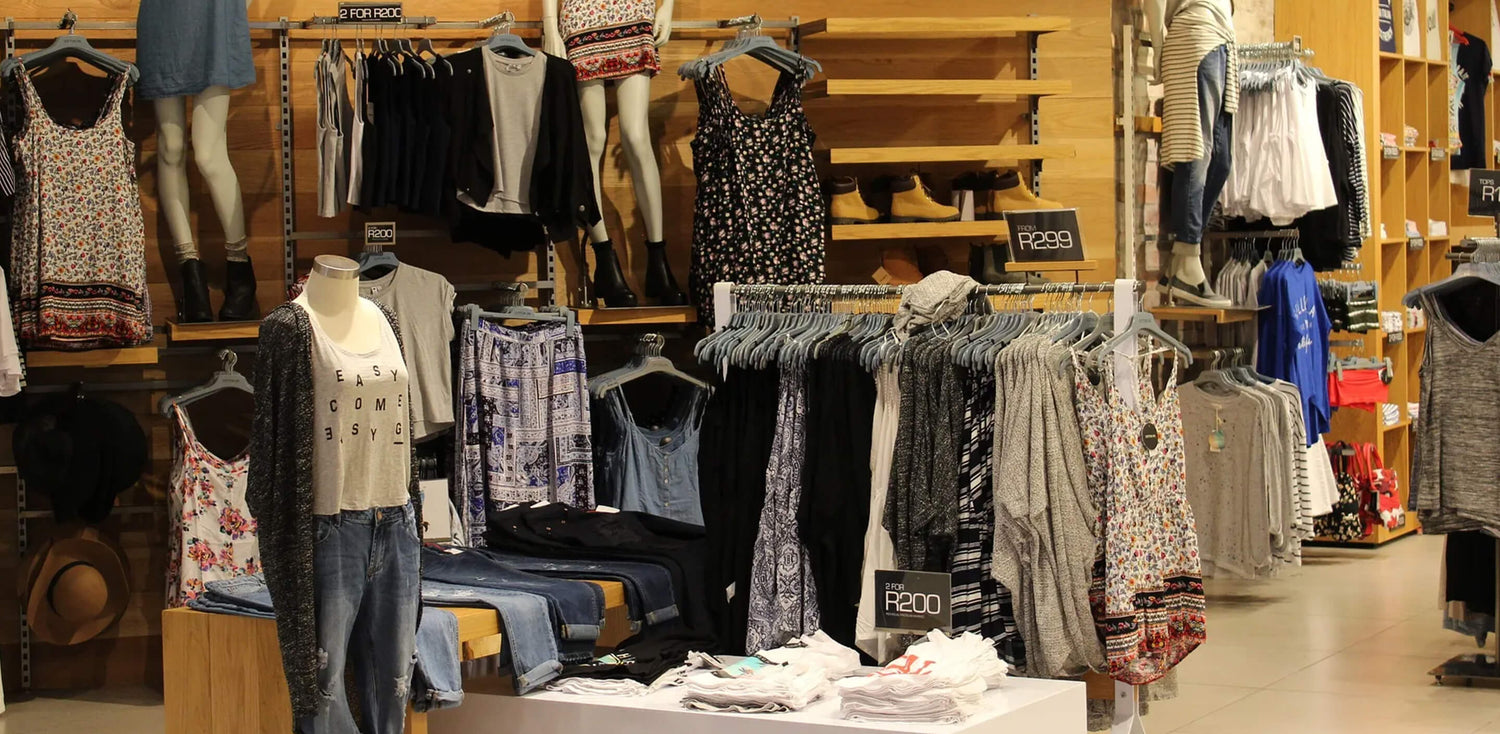For the purpose of keeping up with ever-evolving styles, the fast fashion business produces low-priced garments. To keep costs low, many companies in the fast fashion sector resort to exploiting both employees and the environment in the course of making their products. Fast-fashion businesses often recruit from disadvantaged communities where residents have fewer job opportunities to choose from. For this reason, residents in economically depressed regions are more apt to accept the precarious and exploitative working conditions typical of the fast fashion industry. Water contamination and disruptions to food chains caused by microfibers and other trash from fast fashion disproportionately harm low-income communities. Several options other than quick fashion may make shoppers' closets more sustainable and ethical while also helping to alleviate global poverty.
Support local thrift stores

Instead than buying brand new clothes every season, thrifting is a great way to save money and time. Thrift stores are a great alternative to fast fashion retailers since they sell gently used items for much less money and do not hurt the environment or their employees. In addition, anyone may contribute to the success of thrift shops by contributing items of clothing. Those who are unable to purchase ethical, ecological clothing elsewhere might find more possibilities by donating to secondhand stores. People who do not want to support unsafe working conditions in the fashion business may find wonderful options at thrift stores.
Trade clothes online

Clothing may be bought, sold, and traded via a wide variety of applications and websites available to Internet users. There are various online marketplaces where you may find unique, handcrafted, vintage, eco-friendly, and ethically-made apparel at affordable costs. Instead of patronising fast fashion firms that contribute to poverty, people may utilise sites like Facebook Marketplace and Instagram to buy, sell, and trade preloved garments. Apps like Depop make it easy to purchase and sell used clothing without ever having to leave the comfort of your couch.
Buy fabric for sustainable brand

Without sustaining the fast fashion sector, consumers may still buy brand new garments. Alternatives to quick fashion are available from retailers such as Patagonia, Boden, and Kotn. One way Patagonia helps those living in poverty is by requiring all of its suppliers to be Fair Trade certified, which guarantees that employees in developing countries earn a living wage and safe working conditions. Patagonia's clothes are also made using sustainable energy. As a company, Boden is committed to environmental responsibility by providing packaging that can be recycled, doing business in an ethical manner, and providing competitive salaries to its employees. Kotn uses only organic fabrics in its garments, and it ensures a healthy and safe work environment for its employees. Those with disposable income may choose from among thousands of sustainable clothing brands that operate ethically.
High quality clothes

Those who often indulge in fast fashion run the risk of being trapped inside it. In an effort to always seem current, many consumers do textile sourcing of low-quality, fast-fashion goods from retailers like Forever 21 and H&M. Therefore, patrons may play a significant role in perpetuating poverty and the exploitation of labourers. However, garments purchased from fast fashion brands often show wear and tear and go out of style quickly. Those who are able to do so may choose for high-quality, long-lasting pieces rather than temporary trends in apparel, known as "quick fashion."
Recycle and repair clothes

Instead of supporting fast fashion companies that contribute to widespread poverty throughout the world, consider making and mending your own clothing instead. Craftspeople have the freedom to choose their own materials, giving them the opportunity to seek out ethical and environmentally friendly fabric manufacturers. Those with the ability to mend their own garments may save money by not having to purchase brand-new items from fast fashion retailers. Making one's own clothing via sewing, crocheting, or any number of other techniques allows individuals to express their individuality through their clothing while also potentially founding their own enterprises based on ethically obtained materials.
FAQ
What are other alternatives to reduce the impacts of fast fashion?
There are various alternatives through which we can reduce the impact of fast fashion such as buy less frequently, choose sustainable brands over fast fashion companies, choose high quality clothes, and renting clothes for some events is also a good alternative. Further, washing cycle should be minimum or as per given instruction.
How to find non fast fashion brands?
To find best non fast fashion brands you should first research about the companies that are working toward this direction. For instance H&M is working to make the clothes sustainable. Companies that believe in keeping the clothes eco- friendly or uses sustainable fabric are ones who do not follow non- fast fashion.
We also happen to be a magnet for suggestions, and would love to catch yours….throw us yours on hello@fabriclore.com







Leave a comment
This site is protected by hCaptcha and the hCaptcha Privacy Policy and Terms of Service apply.